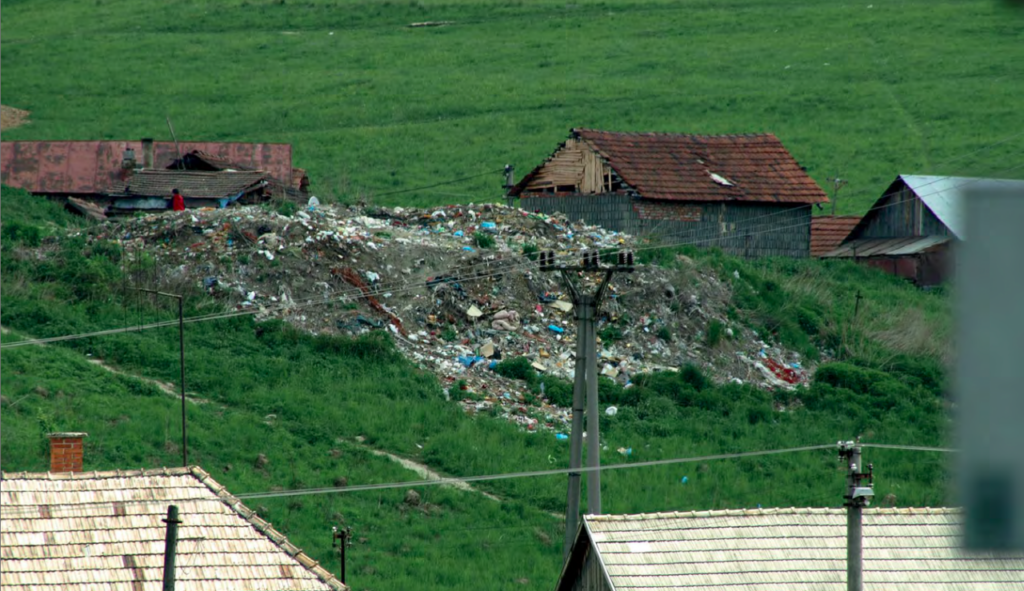The Commission adopted last week an assessment of the national Roma strategies a part of its 2020-2030 plan on supporting the equality, inclusion, and participation of Roma in the EU.
In October 2020, the Commission presented a 10-year plan to improve the living conditions for Roma in the EU and support their integration in society. The new strategic framework has the same holistic approach as in the past but was widened to include equality, inclusion, and participation.
The Roma are Europe’s largest ethnic minority. Out of an estimated 10-12 million Roma in Europe, some 6 million live in the EU. About 1 million live in the Western Balkans and 2.8 million in Turkey. Contrary to previous enlargement rounds, Roma integration is one of the conditions candidate countries have to fulfil to join the EU.
In its assessment report, the Commission concluded that Member States' national plans vary considerably in applying the common features and minimum commitments set out in the EU strategic framework.
The report takes into account measures introduced by some Member States to promote the fight against anti-Gypsyism, discrimination and hate speech, as well as measures to strengthen the capacities of civil society and ensure meaningful participation of women and young Roma.
It also identifies existing gaps in the strategies of other Member States, such as the absence of clearly allocated budgets for the implementation and monitoring of existing strategies and measures to combat segregation in the areas of education and housing.
The assessment report is accompanied by a Staff Working Document (SWD) in two parts, consisting of country fiches summarising the analysis of national strategies adopted by individual Member States and candidate countries.
For each country, the country fiches assess how well the main proposed measures correspond to the objectives of the EU Roma Strategic Framework and the Council Recommendation, highlighting areas for improvement and examples of promising practices.
The first part of the SWD includes a table produced by the EU Fundamental Rights Agency (FRA) on targets set by each Member State, and a summary of the findings of the country assessment reports produced by the Roma Civil Monitoring initiative (RCM).
"There is a will among Member States to make changes in favor of Roma equality, inclusion and participation,” commented Helena Dalli, Commissioner for Equality. “This must be reflected in the measures taken by Member States. That is why I urge Member States to re-examine their national plans to identify ways to make them more robust.
She added that the problems of antigypsyism, anti-Roma racism, segregation and discrimination in the EU persist. “Getting the right national frameworks in place is only half the battle. We must act in parallel at different levels to achieve the objectives.”
The evaluation indicates that many Member States have actively involved Roma civil society organizations in the development of their plans. However, even closer cooperation throughout the implementation of national strategies is necessary for the successful implementation of the EU Roma Strategic Framework. The assessment report and ínformation on the national Roma strategic frameworks can be found here.
"Overall, we find the assessment of the Member States’ national Roma strategic frameworks by the European Commission very thorough and insightful,” ERGO Senior Policy Officer Isabela Mihalache told The Brussels Times. ERGO is a European umbrella organization, founded in 2008, and consists of NGOs from 32 countries representing grassroots Roma communities across Europe.
However, the assessment often struggles with being critical enough concerning some Member States which performed less on delivering a strong and ambitious national Roma strategic framework, she added.
ERGO hopes that the Member States will use the time until June 2023 to revise their national strategic frameworks in line with the Commission's assessment, findings and guidance for improvement. “Like Commissioner Dalli stated, we need to go beyond the national strategic frameworks in order to combat antigypsyism, segregation and discrimination in the EU."
"It’s crucial that the Commission supports the Member States with the implementation and makes certain that the funding is connected to the measures in the strategies and finally also ensures the Roma are involved in this process,” said ERGO Network Director Jamen Gabriela Hrabanova.
As a good example, she highlighted the Czech government’s appointment of a Roma woman as Commissioner in charge of the inter-ministerial coordination of activities to improve the situation of the Roma minority in the country.
As previously reported, ERGO organized last November a seminar on the health inequality gap between Roma and the majority population in the EU. Roma people were among the hardest hit groups during the COVID-19 pandemic and continue to lag behind the rest of the population as regards access to health care and long-term care for elderly people.
M. Apelblat
The Brussels Times

